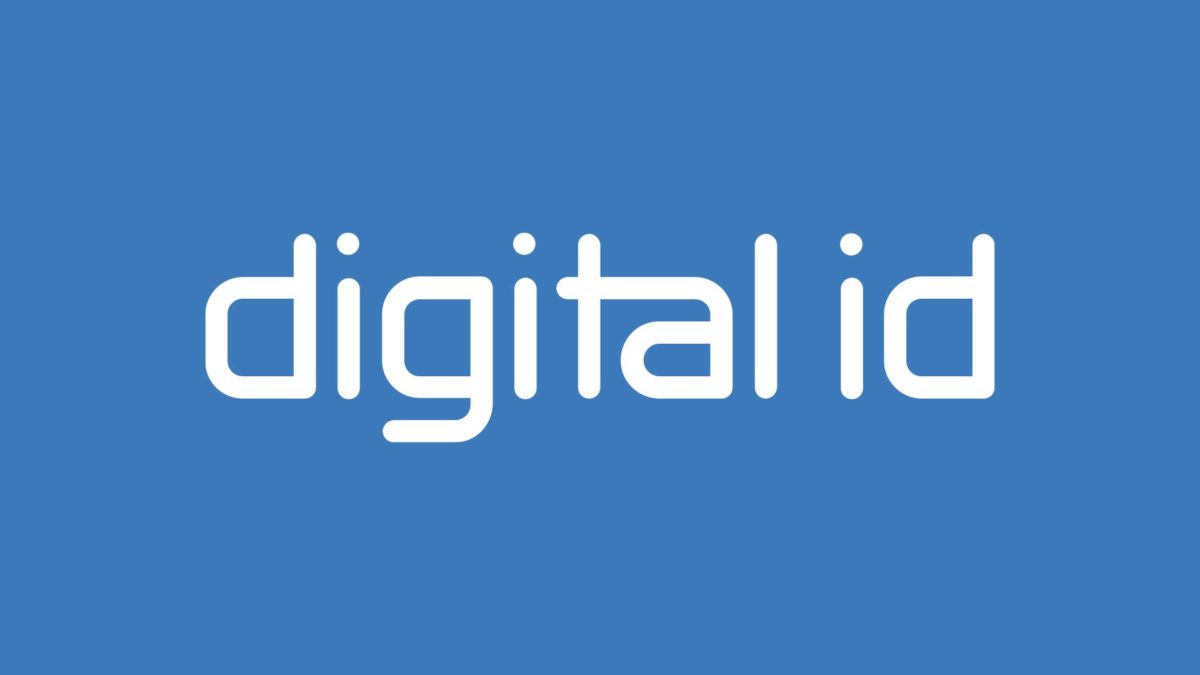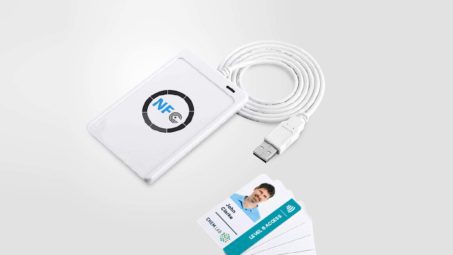
Global Chip Shortage Poses Massive Security Threat – Experts Warn
Semiconductor shortage could weaken security across the UK with NHS/Healthcare, Education and Fintech Industries all at risk.
Experts working in the field of access control and security have warned that the global chip shortage could soon hit the ID and security sector, potentially leaving big business, healthcare and education establishments insecure and liable to security breaches.
Until recently, the automotive industry has been the major casualty of the worldwide crisis, yet tech giants Apple and Samsung have recently flagged production issues and lost revenue. As the back-log mounts, the issue is likely to have a knock-on effect across multiple sectors – including physical security.
Digital ID – which supplies colleges, universities, NHS Trusts and large businesses with access control solutions – has begun to see a huge increase in orders as business leaders learn more about how the crisis could affect ID cards and security, with hundreds of large-scale organisations at risk of supply issues over the coming year.
Digital ID’s managing director and expert in his field, Jonathan Fell commented: “Panic does seem to be setting in, we’ve seen a 70% increase in orders this month. And in the last fortnight alone, we’ve had 150 individual orders totalling more than £250,000.
“Not only that, but we are also seeing companies ordering much more than usually required for a 12-month period, so they have ability to call them off as and when needed. I guess it’s the business version of stockpiling we saw at the beginning of the pandemic but there are some very serious consequences if things continue as they are.
“Right now, we are able to meet demand, but companies should plan ahead to later in the year as nobody can say right now if, come September, that will still be the case.”
“The biggest concern is around healthcare and in particular Digital ID’s NHS Trust customers, where staff use cards to access buildings and computers. Demand has also increased among colleges and universities – which regularly issue thousands of new cards in a single year. Industry experts are urging people to act now in order to avoid being caught short if the crisis deepens later in the year.
Currently experts predict the shortage could last for at least a year.
Jonathan continued: “Access control may not be the most obvious product that people think of where semiconductor microchips play a role. They are used in the production of card readers, the system modules and of course access control cards themselves.
“For establishments like hospitals and universities that operate thousands of cards, this could really prove to be a problem over the next 12 months. For lots of our customers, these cards are the only line of defence alongside a way of entry and exit.
And Jonathan also raised concerns about how the crisis could play out in the coming months:
“We already see lots of businesses using insecure forms of access control such as barcodes, something we certainly wouldn’t recommend should the shortage continue.
“In terms of how the market will be affected by the shortage, there is no doubt prices will rapidly increase as the seriousness of the shortage filters through.
“These cards are the front-line form of security for thousands of businesses and organisations across the country, and the crisis could see us take a huge step backwards in terms of security.”
“For companies planning their return to work, it’ll be yet another hurdle for them to overcome to ensure they can open safely and securely. There are some solutions out there, such as mobile credentials, but they can take a while to implement and the crisis is very much already here, so my advice would be for companies to act now.”
More in IT Services

Get Support Announced as B4’s Official IT Partner
We are delighted to announce that Oxfordshire’s leading IT Services provider, Get Support, have become B4’s Official IT Partner.

Guiding the Development of AI Systems
Guiding the Development of AI Systems Artificial Intelligence (AI) continues to transform how we live, work, interact and access services. There is potential for it to bring multiple benefits to the global population. However, this is balanced by significant concerns that AI systems could turn into a sci-fi nightmare. So, how can AI development be […]

Your Business Without IT
You are invited to take a moment to visualise what would happen if your IT infrastructure went down, your customer and supplier data was stolen and your intellectual property was compromised. With denied access to your systems and information, operations will come to an immediate standstill. Financial demands are made and there’s a risk that […]
From this author

Office Germs Reduced by 78% in Independent Test
A trial of one of the UK’s leading brands of air sanitisation systems in an office environment, has been found to reduce harmful bacteria and airborne pathogens by 78%.

The Great Return to Work: Tips for Safe and Secure Post-Pandemic...
As rush hour traffic returns to pre-pandemic levels and bosses call time on working from home, Stockport-based and photo ID card specialists Digital ID share a handful of expert tips to help formulate your plan, ease re-entry anxiety and safely manage employees and visitors on their return to the workplace.

Meeting Etiquette: Face to face meetings set to become extinct
During the pandemic the work environment has changed for so many employees across the country. As employers move forwards with their new norms, a new survey has revealed that face to face meetings could become extinct.


